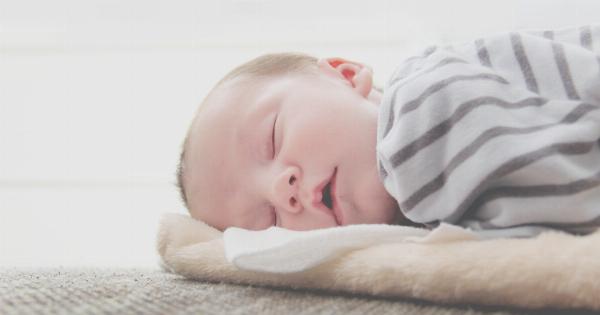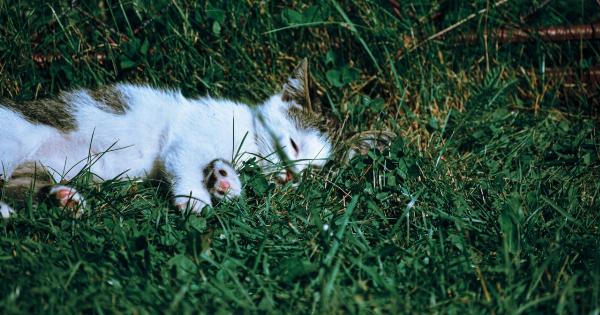Sleep is crucial to our overall health and wellbeing. It gives our body a chance to repair itself and our brain a chance to consolidate memories and process the events of the day.
Unfortunately, many people struggle with getting enough sleep or with the quality of their sleep. Some of this may be due to habits that can interfere with sleep. Here are three habits to break that can help you improve your rest.
1. Using Electronics Before Bedtime
Many of us use our phones, tablets, and computers before we go to bed. Whether it’s scrolling through social media or checking work emails, the blue light emitted by these devices can interfere with our sleep.
Blue light can suppress melatonin production, which is the hormone that regulates sleep. This can lead to difficulty falling asleep and disrupted sleep patterns.
To improve your sleep, try to avoid electronics for at least an hour before bedtime. This gives your brain a chance to wind down and for melatonin production to start naturally.
If you must use devices before bed, consider using a blue light filter or wearing blue light blocking glasses.
2. Consuming Caffeine Late in the Day
Caffeine is a stimulant that can improve alertness and concentration, but it can also interfere with sleep. The effects of caffeine can last for several hours, so consuming it late in the day can make it difficult to fall asleep or stay asleep.
To improve your sleep, try to avoid consuming caffeine after 2 pm. This gives your body enough time to metabolize the caffeine before bedtime.
If you’re sensitive to caffeine, you may need to avoid it altogether or limit your consumption to the morning.
3. Eating Heavy Meals Before Bedtime
While eating a large meal can make you feel drowsy, it can also lead to digestive discomfort and disrupt your sleep. When you eat a large meal, your body has to work harder to digest the food.
This can lead to acid reflux, heartburn, and discomfort that can interfere with your sleep.
To improve your sleep, try to avoid eating heavy meals before bedtime. If you’re hungry before bed, opt for a light snack instead. Choose foods that are high in tryptophan, which is an amino acid that can promote sleep.
Foods that are high in tryptophan include turkey, chicken, cheese, nuts, and seeds.
Conclusion
Sleep is an essential part of our health and wellbeing, but many people struggle with getting enough or with the quality of their sleep. By breaking these three habits, you can improve your sleep and feel more rested and refreshed.
Try to avoid electronics before bedtime, limit or avoid caffeine consumption late in the day, and avoid heavy meals before bedtime. With a few simple changes, you can improve your sleep and enjoy all the benefits that come with it.


























